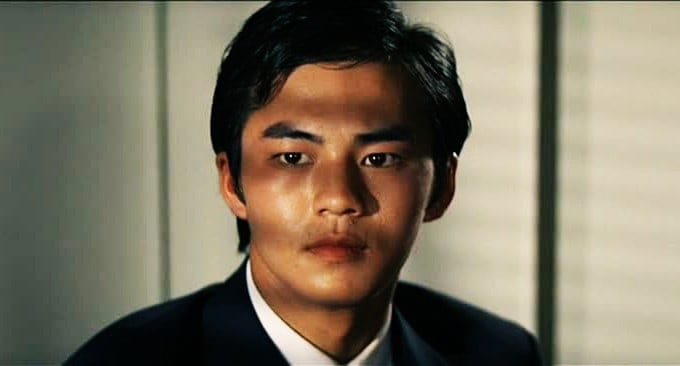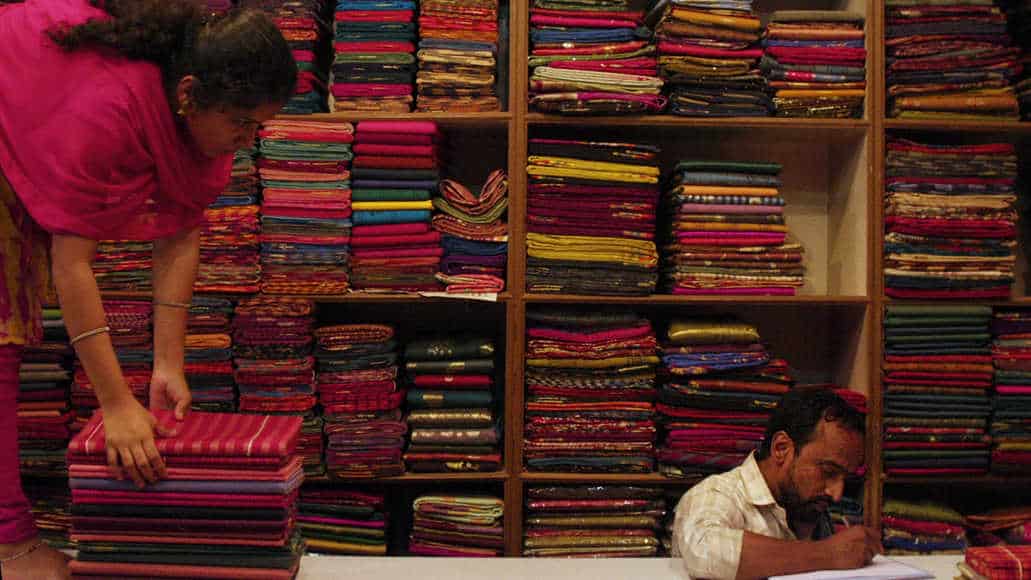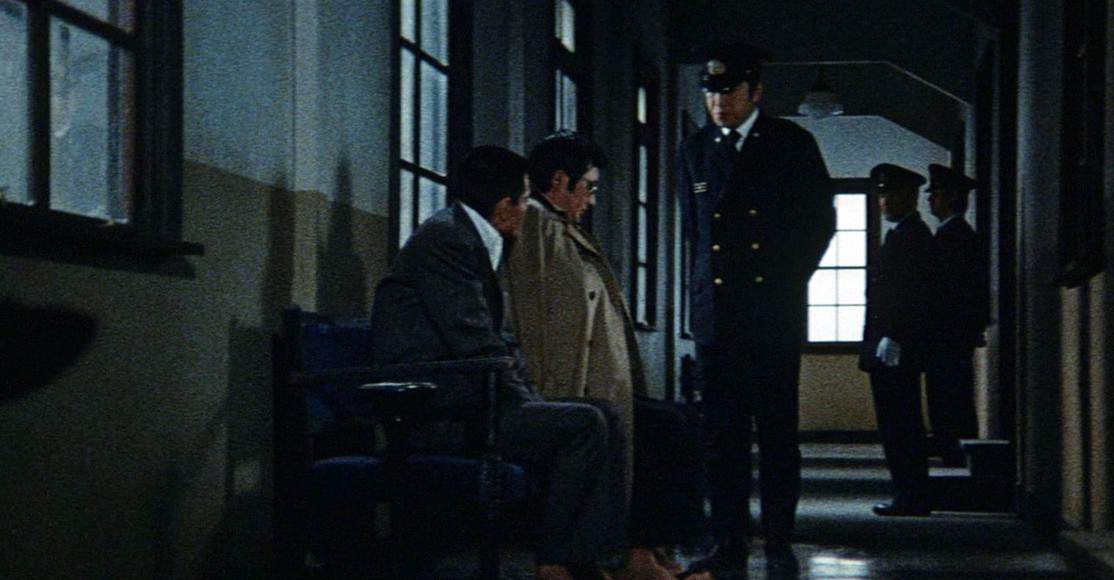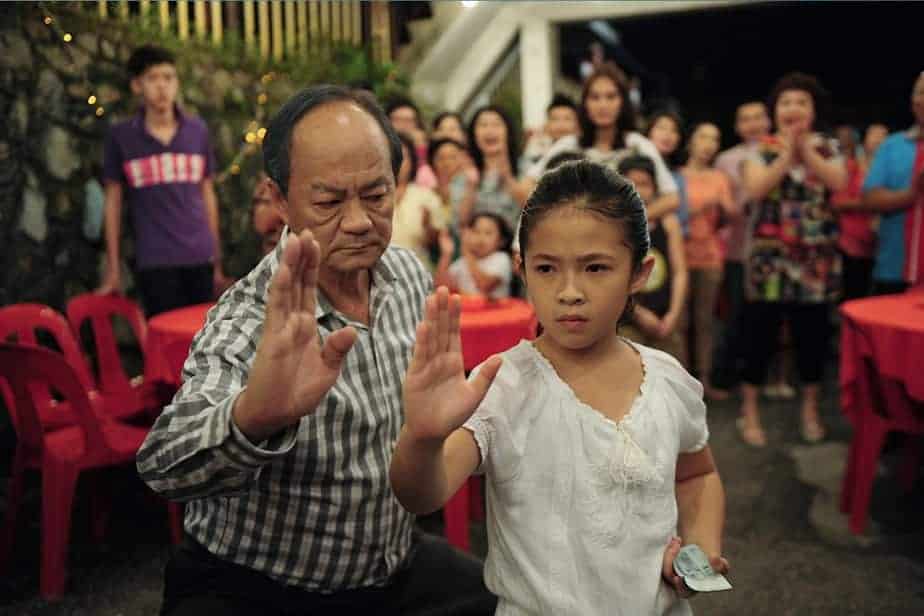Adapted by Teguh EshaTegu's 1977 novel, “Ali Topan” is an effort to place the classic trope of the rich girl falling in love with a cool, poor boy within an Indonesian context, while adding a number of social comments in the romantic basis.
Ali Topan is screening at Busan International Film Festival
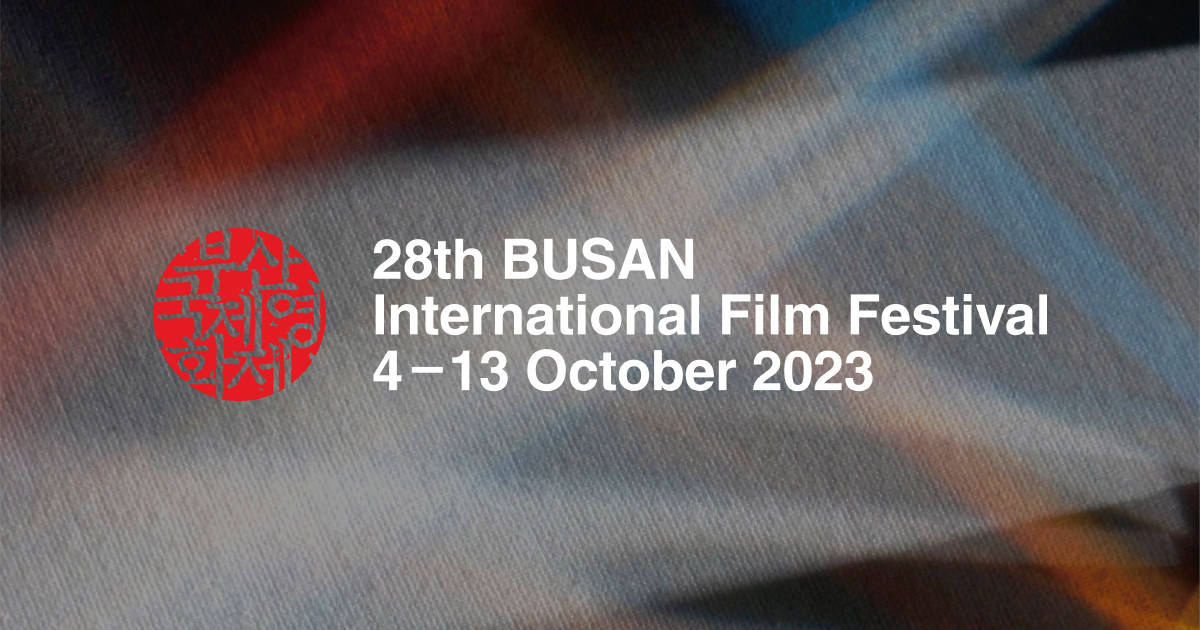
The movie introduces Ali Topan being chased by the police along with a friend of his, making fun of the local authorities, under the sounds of punkish music. It turns out that the young man, despite his somewhat delinquent ways, is very loved in the Blok M community he is living in, where he makes a living running music events. Eventually, a common acquaintance brings Anna, the rich daughter of the owner of a conglomerate, and the two soon, after some convincing on Ali Topan's part, start dating. However, neither Anna's father nor Boy, a young man her father wants her to marry to, are ready to let the couple be, with the two eventually deciding to escape the city in order to be together. Anna's father implicates Ali Topan's family, while Boy unleashes his henchmen against the two. The duo try to survive by keeping running, but soon find themselves having to face reality in a number of ways.
The fact that a punk young delinquent with a good heart finds himself in love with the rich girl who is finally introduced to the reality of the people “beneath” her, is a cliche in a number of ways, but the way Sidharta Tata goes about it, is actually the most intriguing part of the movie. Instead of trying to move away from the Shakespearian premises of the story, instead he fully embraces them regarding the way the relationship of the two progresses, enriching them though, with punk music and a number of comments regarding the current Indonesian society.
Check also this interview
Regarding the last aspect, the inequality between the rich and the poor and the consequences the constant search for more wealth has caused to the environment and a number of specific areas, is highlighted quite intently here. The corruption that is associated with the capital, and the way the rich are willing to go to extremes to achieve their goals, as both Boy and Anna's father highlight, is also a point of focus. Furthermore, Tata, through Anna and her sister eventually, and also Ali Topan on another level, shows that the ‘sins” of the parents should not dictate who their children are and how they live their life, in probably the most interesting comment in the whole movie.
At the same time, though, Tata does not avoid the cliches completely, with his approach to the story frequently being quite romanticized, both in its progress and its finale. Furthermore, some ‘injections' of drama here and there, as the ones regarding Ali Topan's mother and his brother, seem somewhat out of place, and could have definitely been handled in a better way. Lastly, there is a sense that some of the episodes are far fetched, with their number also moving in the same direction.
On the other hand, the acting works quite well for the movie. Both Jefri Nichol and Lutesha are intensely charismatic, and their charisma actually fills the screen, as much as their obvious chemistry. Ujel Bausad's cinematography is quite accomplished, with him portraying both the lush world the rich inhabit and the rundown the poor do with equal artistry. Akhmad Fesdi Anggoro's editing results in a pace that gets from mid-tempo to fast quite fittingly, although it would be interesting to see the movie unfolding more in the path the initial scenes lead it
“Ali Topan” has its issues, but as a whole, it definitely makes sense, offering entertainment through its light atmosphere throughout.





